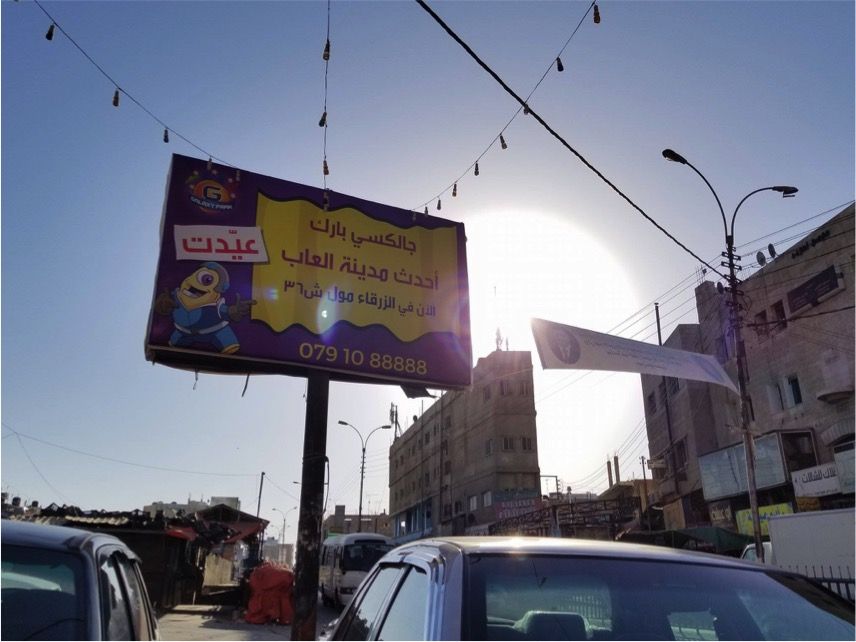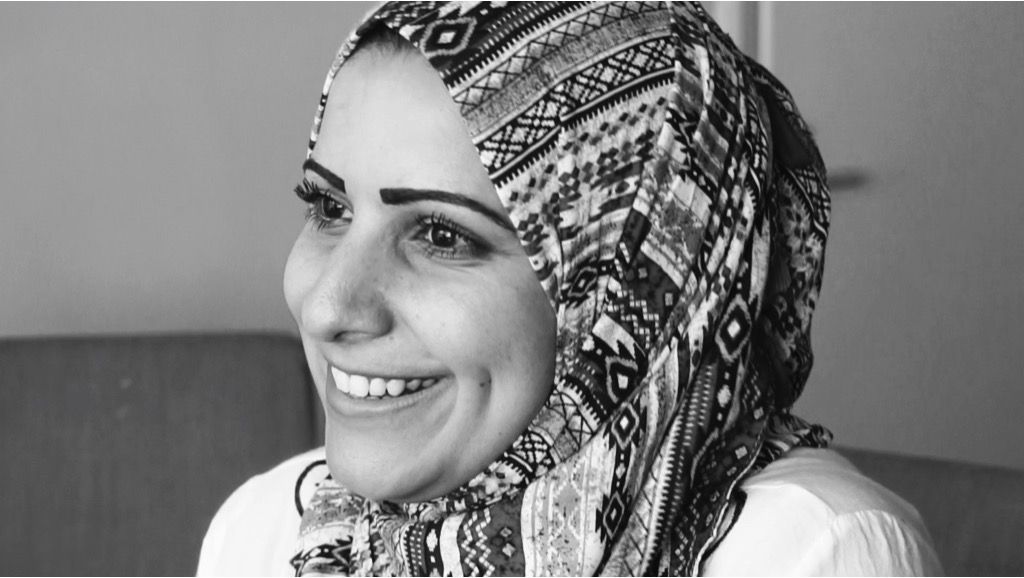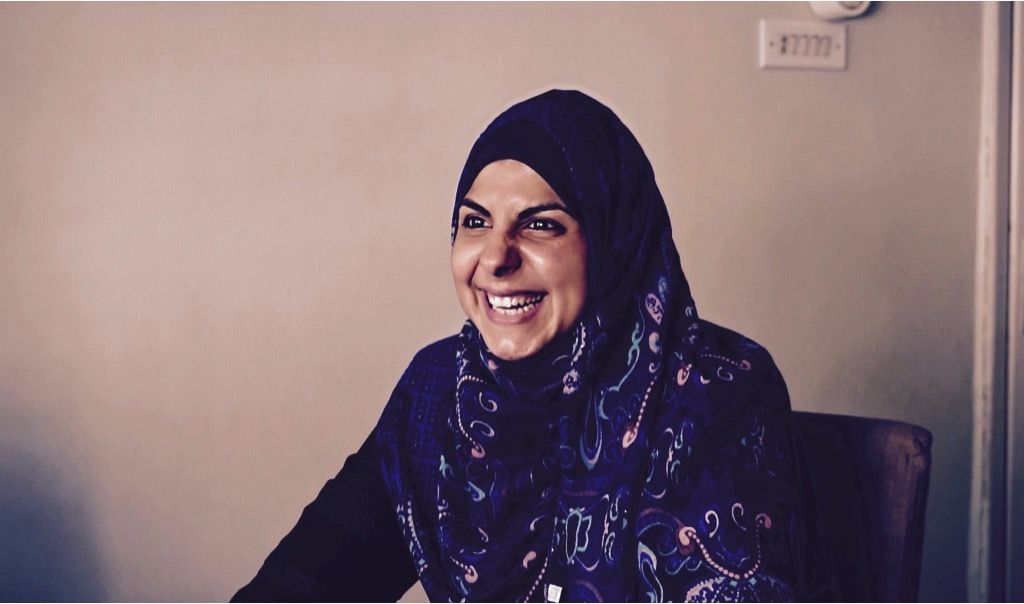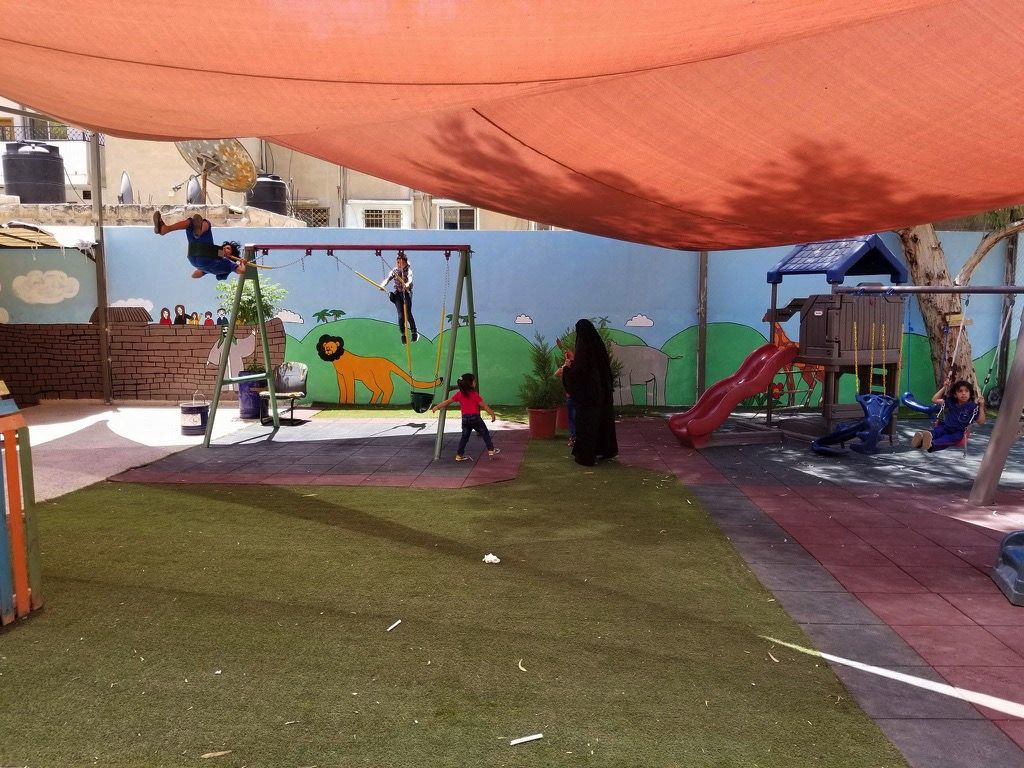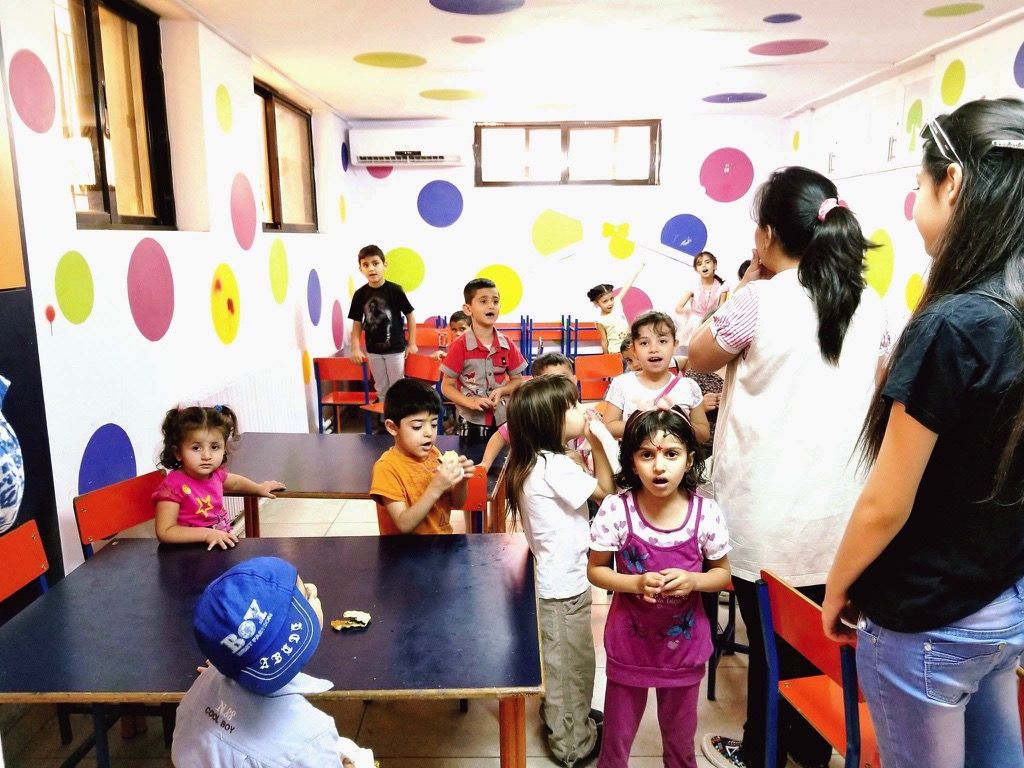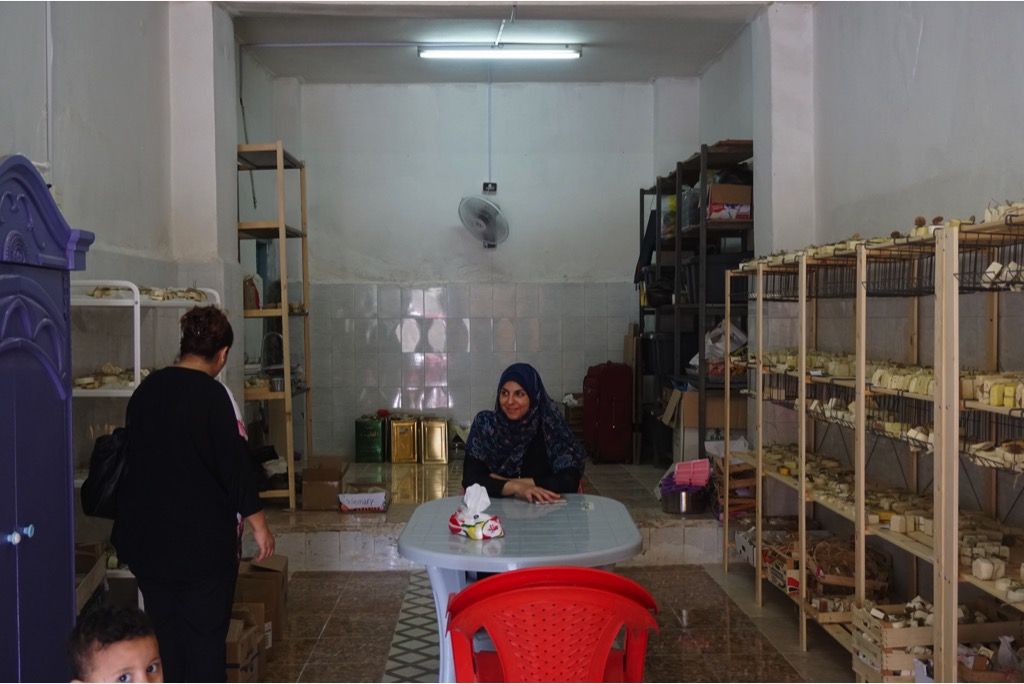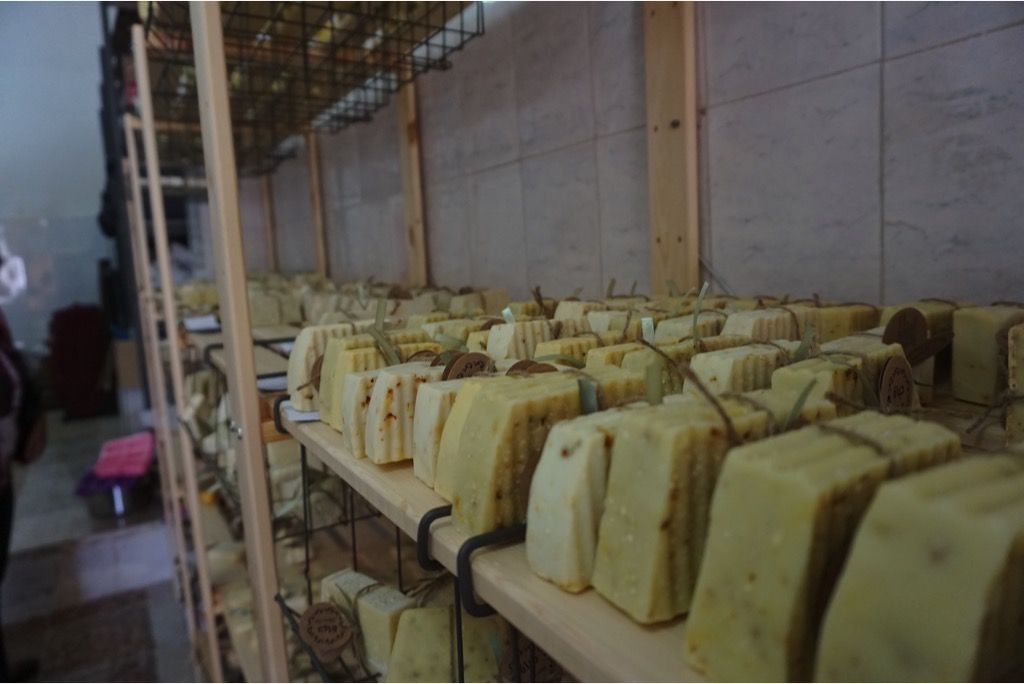Refugeeism has been discussed extensively in both the academic literature and popular media with varying levels of intellectual depth. The intersectionality of the female with the refugee—two identities, when placed in conjunction to each other, create an entirely distinct lived experience—has not received the same extent of coverage. Zarqa Life Center is one place of many in the desert kingdom which focus on that particular intersectionality. The following photo series highlights the resiliency of a select group of Syrian women, who despite their circumstances—domestic abuse, violence, unemployment—keep smiling. There is a certain gender stereotype—rooted deep in patriarchal norms—that women and smiles are inseparable. The point of this photo series is not to reaffirm that derisive expectation, but rather challenge that by highlighting that despite our worst circumstances, life, within of itself, should be cherished. Perhaps we could all learn something from their examples.
These nine photographs will highlight the issue of ethnic tensions in Zarqa, individual women who continue to reshape their lives as they adjust to an onslaught of new circumstances and the opportunities a place like Zarqa Life Center offers to both these women, but also to their children who much too easily, and too often, fall prey to unemployment, radicalization, or networks of petty crime in the city. Each of these photographs carries a story—a story that people abandon in exchange for easily digestible news that provides quick and easy facts and figures on refugeeism. The stories in this photo series should not only be remembered, but rather told, as examples of both the beauty of the human spirit and the strength of the female.
